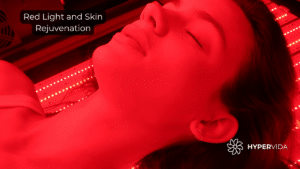Radiation therapy is a standard treatment for prostate cancer, but it can sometimes lead to complications such as radiation-induced proctopathy. While most cases resolve on their own, a small percentage of patients develop persistent symptoms that do not respond to medical or endoscopic management. Researchers have evaluated the role of hyperbaric oxygen therapy (HBOT) for radiation-induced proctopathy in men previously treated for prostate cancer.
Study Overview
Between 1998 and 2003, 27 men with treatment-resistant radiation proctitis underwent HBOT at Virginia Mason Medical Center in Seattle. Patients had received brachytherapy, external beam radiation therapy, or both. Each underwent an average of 36 HBOT sessions in a multiplace chamber, breathing 100% oxygen at 2.4 atmospheres absolute for 90 minutes, five to seven days per week.
Outcomes Reported
- Bleeding: 48% experienced complete resolution, while another 28% reported fewer episodes.
- Fecal urgency: Half of patients reported complete resolution.
- Pain: 75% noted improvement, though none reported complete elimination of rectal pain.
- Ulcer healing: 21% of patients had complete resolution of rectal ulcers, while 29% showed improvement. About 43% had no change or worsening.
Overall, 67% of patients responded partially or well to HBOT, while 33% showed no improvement.
Clinical Perspective
This case series suggests that HBOT may provide meaningful relief for men with radiation-induced proctopathy after other treatments fail. Improvements in bleeding, urgency, and pain were most notable, while ulcer healing was less consistent. The therapy was generally well tolerated, supporting its consideration as an adjunctive option in prostate cancer survivorship care.
Summary Insight
Although this study involved a relatively small group, the results underscore HBOT’s potential in managing difficult cases of radiation-induced proctopathy. Larger and more controlled trials will be necessary to confirm its long-term effectiveness and determine which patients benefit most.
Check out the PubMed article here: https://pubmed.ncbi.nlm.nih.gov/16753375/







